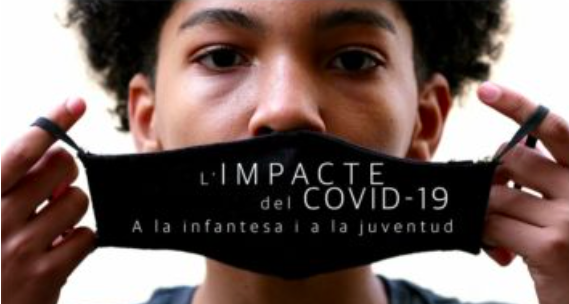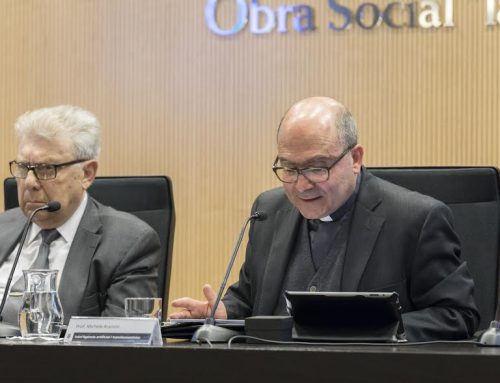By Javier Garralda Alonso
From time to time, humanity is faced with major natural disasters, from the global-scale COVID pandemic to catastrophic rains or terrible earthquakes in specific places on all continents. And we may be tempted to think that the direct victims of such catastrophes are more guilty than those who have not suffered them directly. But the Gospel itself refutes this easy presumption: See Luke 13:1-5, where Jesus speaks about the murder of some Galileans: “Do you think that these Galileans were worse sinners than the others because they suffered this? I tell you, no; and if you do not repent, you will all likewise perish.” So we are all direct or potential victims of natural disasters. And we are all more or less guilty of them, so that, if we do not correct ourselves, if we do not do penance, we can suffer them directly if they have not reached us so far.
On the other hand, in collective disasters there is no doubt that there are many innocent victims. The suffering of the innocent can be considered as intimate participation in the redemptive pain of Christ, the greatest Innocent, and they will be particularly blessed in Heaven. But even for the guilty, divine Justice is imbued with mercy. The case of the Good Thief is an example. He, suffering the terrible torment of the cross, confesses that he deserves it, and that Jesus “has done nothing wrong.” And he asks for mercy, to which Jesus replies: “Today you will be with me in Paradise” (Lk 23:39-43). Thus even the punishment itself can become the currency of salvation.
Speaking humanly, God the Father would say: It pains me that you force me to raise my severe voice, when what I prefer is that you listen to me as a gentle breeze. [The prophet Elijah recognizes the Lord in a soft whisper (cf. Kings I, 19, 11-13)] And, mysteriously, in the pain of the victims, Christ himself cries and suffers. Where is God?: In the one who suffers. That is why our response must be – as often happens – to console and help the victims and thus console God himself made man, who tells us that when we console our brother, we console Him.
Having established all the above, let us touch on the most difficult aspect to accept: that pandemics that can affect the entire Earth, or catastrophic rains, or terrible earthquakes have an aspect of divine punishment: Speaking generally, if injustices and sin had not existed, there would be no evil, not even death. The idea that catastrophes happen by chance is answered in a text that seems very timely: (In “María Trono de Sabiduría”, 2000, Consuelo, pp. 358-359), “Transgressing divine laws is terrible, not only for the man who commits the sin; evil goes directly against all Creation.
Creation is not something immutable, it is constantly renewed and generates new lives; all this is not a consequence of chance, but is divine Providence and corresponds to a process of constant love. However, when man sins, breaks this harmonious balance and generates evil, he is responsible for terrible damage to the human species and to all creation.
When man feels offended, he sometimes responds by doing evil, and nature, lacking intelligence, “serves its Maker and rages to punish the wicked” (Wisdom 16:24) with rigors and great disasters. Man without faith, when faced with catastrophes, says: these are natural disasters, and forgets that “not a single hair falls” (Luke 21:18) without divine permission.” So God, in his unfathomable justice and mercy, allows painful natural catastrophes and to avoid them the best resource is to distance oneself from sin.
The massive crime of abortion, in an integral ecology, and beyond mere climate change, can cause great disasters, just as responsible and often heroic motherhood can avoid them. And, faced with the temptation to judge God for allowing such events, let us reiterate the words of St. John Paul II: “Man, you who judge God, who order him to justify himself before your tribunal, consider whether you are not responsible for the death of this condemned man, whether the judgment against God is not, in reality, a judgment against yourself. Reflect and judge whether this judgment and its outcome – the Cross and then the Resurrection – are not for you the only way of salvation” (“Crossing the Threshold of Hope”, John Paul II, 1994 (translation), chap. 11, p. 83).








